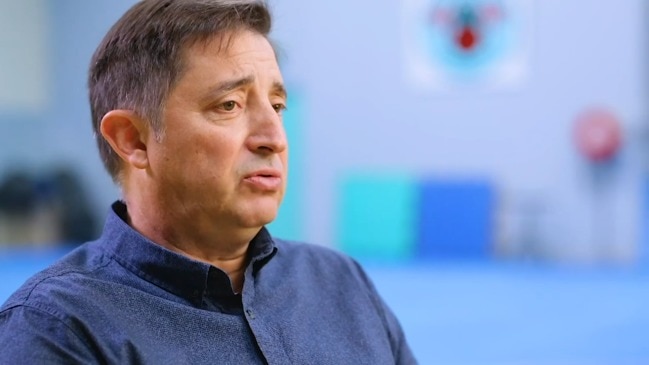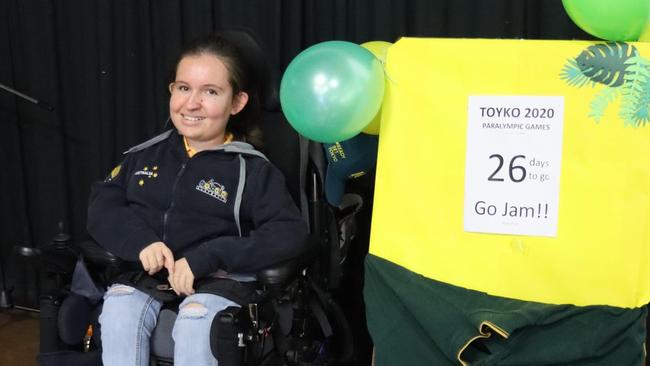New migraine, spinal muscular atrophy drugs on PBS ease financial pain
New drugs for spinal muscular atrophy, migraine and high cholesterol are being added to the pharmaceutical benefits scheme easing the burden for thousands of patients.

NSW
Don't miss out on the headlines from NSW. Followed categories will be added to My News.
From Sunday, new drugs listed on the Pharmaceutical Benefits Scheme will offer hope to some desperately sick children.
Australian children with spinal muscular atrophy (SMA) types 1, 2 or 3a, aged 18 years or under will now have subsidised access to a drug called Evrysdi (Risdiplam), which is being listed on the PBS for the first time.
Spinal muscular atrophy is an inherited genetic muscle-wasting disease that affects one in every 10,000 babies born. There is no cure and SMA causes progressive loss of motor neurons leading to muscle weakness and can cause paralysis and death.
Current treatments to slow the progression require four spinal injections every year.
Evrysdi is an oral form of treatment that is less invasive but until its listing on the PBS, cost $123,000 a year.

Julie Cine set up Spinal Muscular Atrophy Australia after she lost both her baby daughters to the devastating disease.
“Montana was born in August 2004 and she died in June 2005 aged nine months, and Zarlee was born in December 2006 and died on Christmas Day 2007 aged 12 months and 12 days old,” Ms Cine said.
“A few years ago there was no prospect for this disease and now we have two options for families and that is important, it’s fantastic news as some were not responding well to Spinraza (the four monthly injections), so it’s another option.”
Upcoming Paralympian from Dunedoo, Jamieson Leeson, 18, has been on Evrysdi on compassionate access since February after enduring Spinraza injections for two years.
“The biggest difference is it is oral and I don’t have to go to the hospital every four months for injections which always led to a spinal headache and a week’s bed rest after, Ms Leeson said.

Final year medical student Melissa Braun, 28, has been living with chronic migraines for more than six years.
“I get them a few times a year and I’m not functional for a day or two, I can't study or drive and I’m a student so can’t afford hundreds of dollars a week for treatment,” she said.
“Neurologist Associate Professor Susan Tomlinson said the drug reduced the burden of difficult-to-treat migraine.
“Response to migraine treatments varies between individuals and the good news is that today’s listing provides an additional option for the Australians who are still yet to optimally manage this debilitating and complex neurological condition.”
Australians suffering from hypercholesterolaemia, elevated cholesterol in the blood, which is linked to heart attack and stroke, will also now have subsidised access to the drug Praluent (Alirocumab), which was costing $6500 a year.
This means about 20,000 will now pay only $41.30 per script or $6.60 if they have a concession card.
More Coverage
Originally published as New migraine, spinal muscular atrophy drugs on PBS ease financial pain




